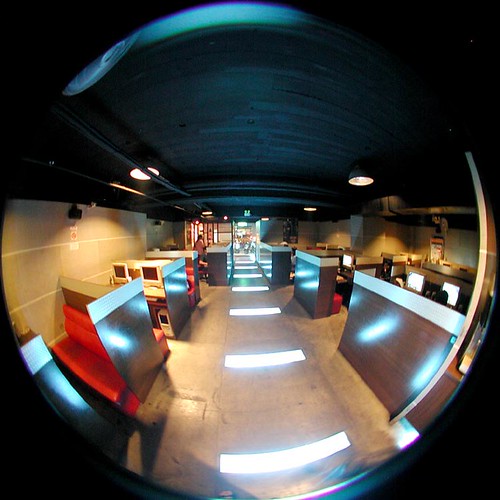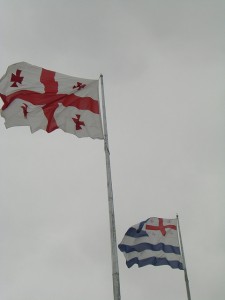
After Australia’s ABC aired an exposé on ‘Prisoner X’ on February 12, Israeli media was quick to follow up on the shocking claims that Ben Zygier, an Australian-born Israeli citizen who worked for Mossad, was secretly detained in a maximum-security prison for months before allegedly committing suicide in 2010. However, reports on the scandal were pulled soon after they emerged. The Prime Minister’s Office called an urgent meeting of the editors of all major Israeli news outlets to ask for their cooperation in silencing the story. For a whole day, Israeli media were forbidden from reporting on the story, even as it was making headlines worldwide and Israelis disseminated the news in social media and blogs. Only after three leftist members of the Knesset used their parliamentary immunity to speak on the issue did opaque headlines appear, and an Israeli court lifted the gag order.



